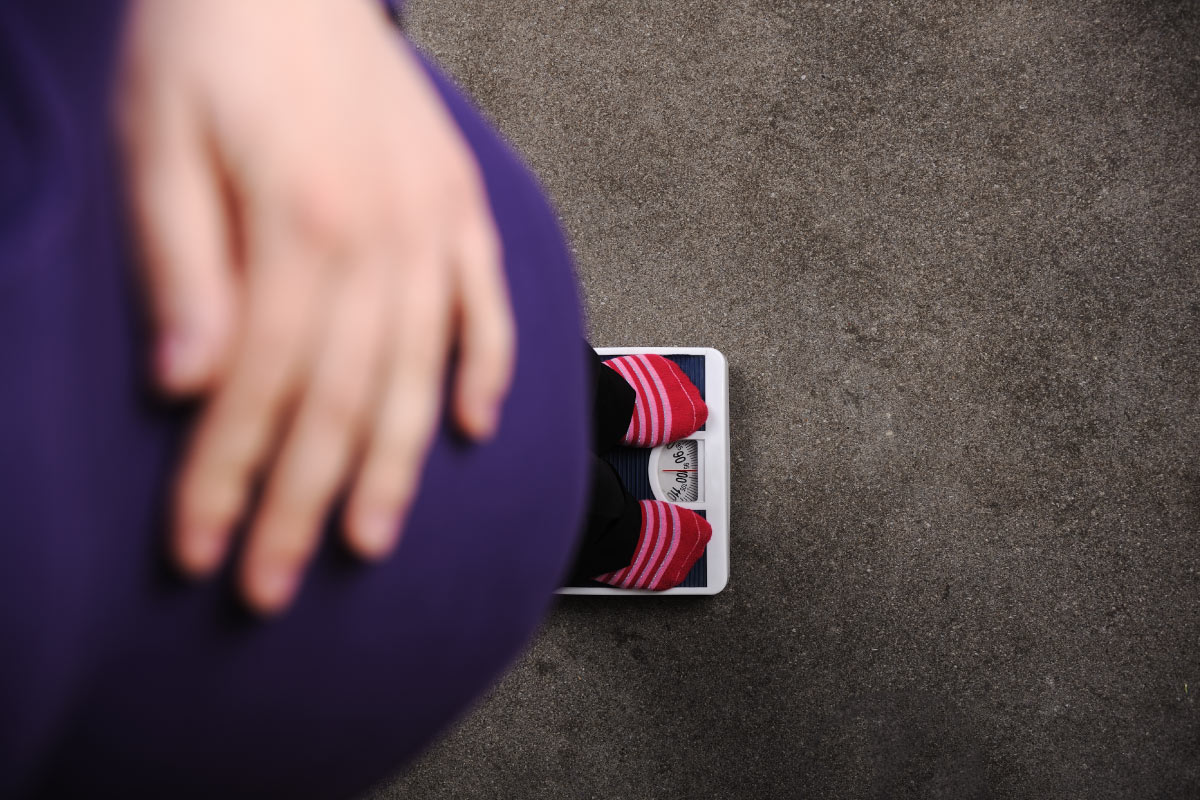Lifestyle
Is It Safe to Drink Coffee During Pregnancy?
Everyone loves a hot cup of coffee. It refreshes your mind, gives you energy and if you feel sluggish, it will make you feel instantly better. Well, no one can deny the stimulating effects of caffeine.
However, the good old coffee also has its share of side effects. Moderate consumption is the key for healthy living and this is very much applicable to coffee too. Excess coffee intake can lead to insomnia, anxiety, fatigue, restlessness etc in the long run.
Studies have revealed that a healthy person can drink up to four cups of coffee a day and exceeding that can cause concerns.[1]
Having said this, excessive coffee consumption can also affect pregnancy negatively. In this article, we bring you the general side effects of coffee, the negative effects of drinking coffee during pregnancy and its effects on the infant.
Coffee and its side effects
A number of people tend to consume more than four cups of coffee in a day. For some, coffee helps them manage stress and for a few, it helps them focus. Though coffee might sound like the ‘need of the hour’, excessive intake, in the long run, leads to serious issues which are listed below.
- Restlessness
- Stomach upset
- He need to urinate frequently
- Muscle tremors
- Nervousness
- Fast heartbeat
- Irritability
- Insomnia
- Migraine
If you experience any of the above symptoms, you should limit your coffee intake and visit your healthcare professional right away.[2]
Consuming coffee during pregnancy
Expectant mothers are advised to avoid any kind of energy drinks since the caffeine and excessive sugar in it can adversely affect the baby. Though coffee is considered far safer, women should exercise caution while drinking coffee during pregnancy.
The body metabolises caffeine very slowly during pregnancy and can take a long time to eliminate caffeine from the body. The caffeine in coffee also enters the infant’s bloodstream while crossing the placenta. This puts the infant’s health at the risk.[3]

Therefore, pregnant women should pay attention to the amount of coffee they drink in a day.
Another worrisome fact is studies have revealed that excessive caffeine intake can increase the risk of miscarriages during pregnancy.
However, ACOG (The American College of Obstetricians Gynecologists) has stated that moderate caffeine intake does not increase the risk of preterm births or miscarriages.[4]
It is advised that pregnant women drink caffeine not more than 200 mg in a day.[5]
On the other hand, a handful of studies have suggested that even very little caffeine intake during pregnancy can result affect the birth weight. A study has shown that drinking even less than 150 mg of caffeine a day can increase the chances of low birth weight by 13%.[6]
However, the results are unclear and further research is needed with respect to low birth weight and miscarriages.
Expectant mothers should keep in mind the previously mentioned side effects of excessive coffee intake and limit their consumption for the sake of their health and their child’s health.[7]
Drinking coffee during pregnancy and child obesity
A study conducted by Norway revealed that expectant mothers who drink coffee and other caffeinated drinks more than the recommended amount are likely to deliver babies that are overweight.
The research was conducted on 51,000 expectant mothers and the weight of their babies were analysed. The study revealed that mothers who had more than 200 mg of caffeine in a day are 15% more likely to deliver babies that gain excessive weight before the age of one when compared to mothers who drank less than 50 mg of caffeine per day.
The study further revealed that as consumption of caffeine increases, the weight of the baby also increased.

When the mother drank caffeine between 200 and 299 mg per day, the chances of the baby gaining excessive weight increased by 22% and when the mother drank more than 300 mg caffeine a day, the risk of the infant gaining excessive weight increased by 45%.
The conclusion of the study is in line with the currently recommended amount – less than 200 mg in a day.
The study could not fully determine how much caffeine is actually safe to consume during pregnancy since it is not ethical to test supplements and drugs on expectant mothers as it may harm the babies or mothers.[8]
Reducing the consumption of coffee
If you are used to drinking an excessive amount of coffee, slowly start cutting it down and if you are planning to conceive, start right away. Coffee consumption should be reduced gradually since stopping abruptly can cause fatigue, nausea, headache, muscle pain and can make concentrating difficult. These are known as the “caffeine withdrawal” symptoms.
If you usually drink five to six cups of coffee a day, reduce it to three or four and then gradually stop it altogether if you can. Remember, coffee alone does not have caffeine. Sodas, energy drinks, aerated beverages and tea are also loaded with caffeine and one should limit these intakes too.
Some might just want to drink something hot and they usually have coffee/tea since it’s easily available. In this case, you can switch to hot or lukewarm water. Water not only keeps you hydrated (caffeine causes dehydration), it also flushes out caffeine form the system.
Conclusion
Drinking an excessive amount of coffee in itself has a number of side effects and drinking coffee during pregnancy can harm the child’s and the mother’s health.
Thought the results are unclear, one cannot overlook the ill effects of caffeine and coffee in general and how it affects the baby. If you are an expectant mother, instead of drinking coffee during pregnancy, you can drink herbal tea or other healthy beverages. However, this should be done only after consulting your gynaecologist.
Not just coffee, expectant mothers should also avoid other caffeinated beverages and unhealthy foods. Keeping in mind the child’s wellness, a mother should eat a wholesome diet and should drink healthy beverages to enjoy a safe pregnancy.
